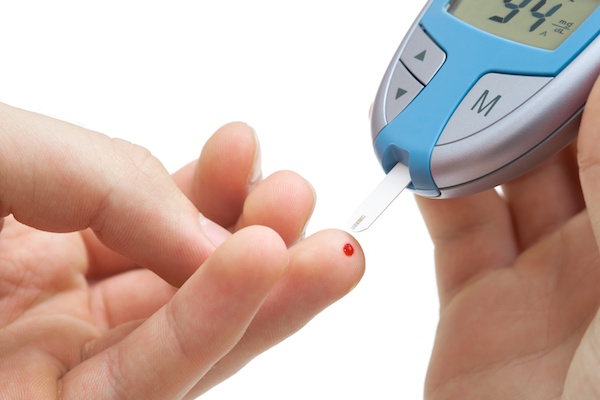
WEDNESDAY, March 21 (HealthDay News) — High-fat meals might boost inflammation in people with type 2 diabetes, a new study says.
Inflammation is associated with many diabetes-related complications, such as heart disease.
The study included 54 people — 15 obese, 12 with impaired glucose tolerance (pre-diabetes), 18 with type 2 diabetes, and 9 healthy and not obese — who ate a high-fat meal after an overnight fast.
The researchers compared levels of endotoxins in the participants’ blood before and after they ate the meal. Endotoxins are bacterial fragments that enter the bloodstream from the gut and are associated with inflammation and heart disease.
All the participants had elevated endotoxin levels after eating the fatty meal, but levels in those with type 2 diabetes were significantly higher than in the healthy, non-obese people, according to the study, which was scheduled for presentation Tuesday at the Society for Endocrinology’s annual meeting in England.
Although the research doesn’t show cause and effect, the findings could explain one way that obesity and type 2 diabetes can lead to inflammatory damage in blood vessels and other tissues, and help scientists develop new ways to prevent this damage.
“High-fat, low-carbohydrate diets are often promoted to patients with type 2 diabetes as they have been suggested to aid weight loss and control blood sugar, but if confirmed in larger studies, our data show that being healthy is not just about losing weight, as these particular diets could increase inflammation in some patients and with it the risk of heart disease,” lead investigator Alison Harte, a postdoctoral research fellow at the University of Warwick in England, said in a Society for Endocrinology news release.
“The next phase of our research is to understand the effects of small, frequent meals versus large, infrequent meals on endotoxin levels in type 2 diabetics. We’d also be interested to find out the effects of meals of different fat and carbohydrate contents,” Harte added.
Data and conclusions presented at medical meetings should be considered preliminary until published in a peer-reviewed medical journal.
More information
The U.S. National Institute of Diabetes and Digestive and Kidney Diseases has more about type 2 diabetes.

